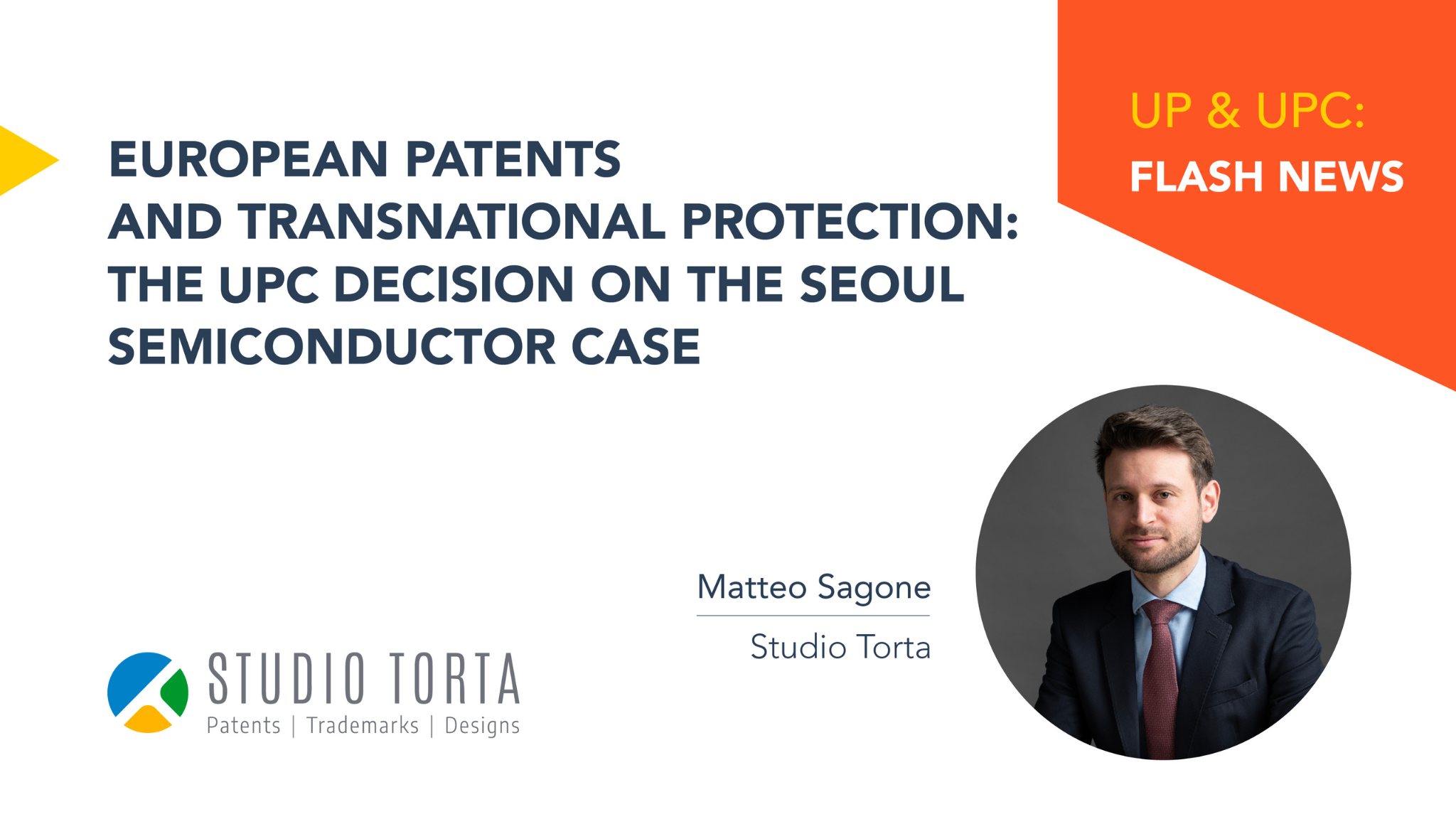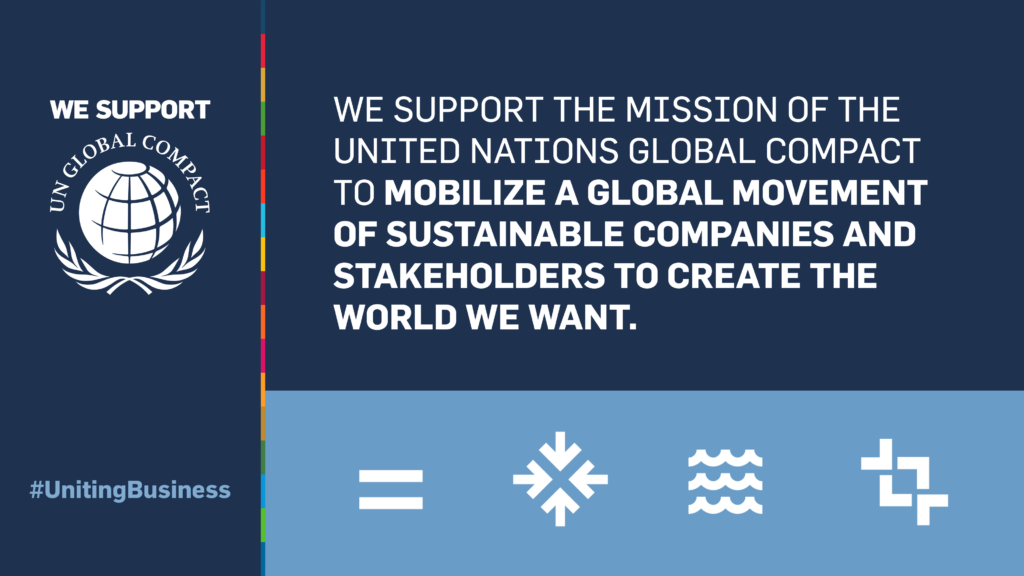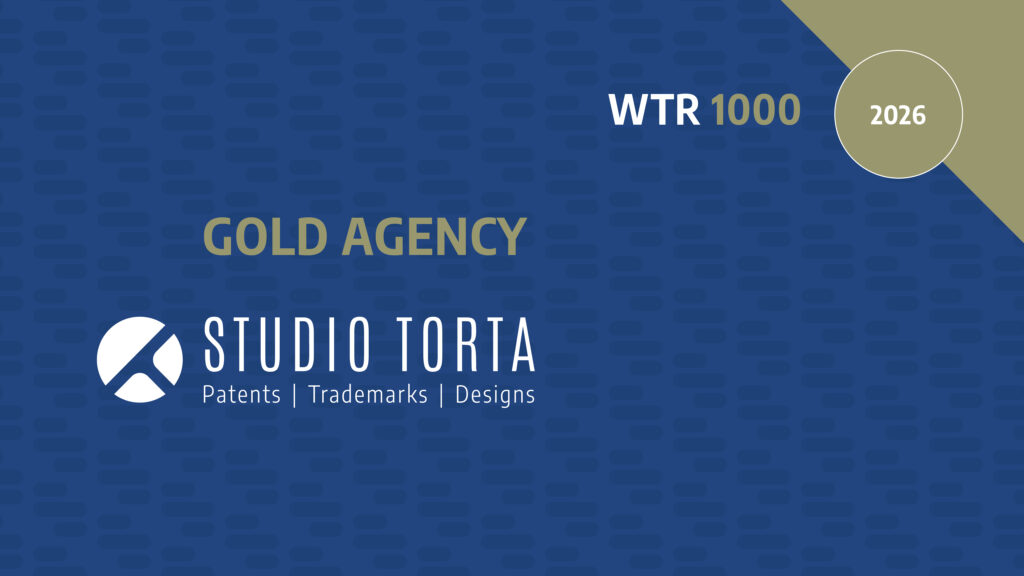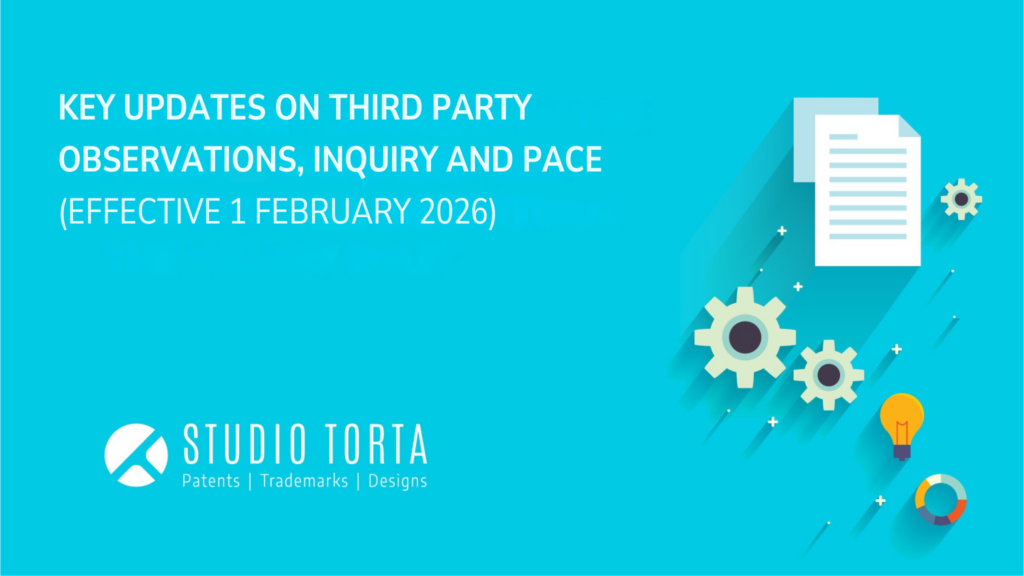European Patents and transnational protection: the UPC decision on the Seoul Semiconductor case
On October 10, 2024, the central division of the Unified Patent Court (UPC) issued an important decision in transnational patent enforcement, recognizing infringement of European patent EP 3 926 698 B1 by Germany’s Expert e-Commerce GmbH, and ordering a pan-European injunction in eight member states. This ruling constitutes one of the first substantial decisions of the UPC on injunctive relief, and one of the first cases in which a non-EU plaintiff – in this case Korea’s Seoul Semiconductor Co., Ltd. together with its subsidiary Seoul Viosys Co., Ltd. – obtain large-scale enforcement order in the new unified court context.
The patent in dispute: EP 3 926 698 B1 (WICOP technology)
European patent EP 3 926 698 B1 covers an innovative technology developed by Seoul Semiconductor known as “WICOP” (Wafer Level Integrated Chip On PCB), more commonly referred to as “No-Wire LED.” WICOP technology enables the fabrication of wireless LEDs without additional ceramic substrates. The result is an LED chip that is significantly more compact, thermally more efficient, and less expensive to assemble, intended for various high-performance applications: automotive lighting, microLED displays, smartphone flashes, and more. Specifically, the patent covers an LED structure that enables direct (chip- scale) mounting on the motherboard, significantly improving emission efficiency and thermal dissipation by eliminating traditional metal connections.
The UPC found that the products marketed by Expert e-Commerce GmbH incorporated the patented technology without authorization. In particular, technical evidence provided by Seoul Semiconductor showed that the essential features claimed in patent EP 3 926 698 B1 – in particular, the “no wire” configuration – were reproduced in the LEDs distributed by the defendant.
Remedies granted by the UPC:
– Immediate injunction to cease sales of infringing products.
– Order to withdraw from the market and destruction of the illegally marketed products.
– Extension of the injunction order to as many as eight countries: Germany, Austria, Belgium, France, Italy, Luxembourg, the Netherlands and Sweden – hence the pan-European nature of the injunction.
– Order for costs in favor of Seoul Semiconductor.
According to Seoul Semiconductor’s statement, this is the first time that a simultaneous injunction has been obtained in eight UPC member
states as part of a direct action. The decision highlighted the practical effectiveness of the unitary patent court, offering fast, centralized and
transnational protection. Nevertheless, careful strategic evaluation must be performed on a case-by-case basis.
Strategic implications for patent owners
This decision provides several insights for industrial property rights owners in Europe:
- The strategic value of the European patent (unitary or non opted-out traditional): the extended territorial effect of a single injunction can prove to be a powerful tool in IP portfolio management, in certain cases. Litigation costs and time may be significantly reduced compared to parallel national proceedings. Nevertheless, careful strategic evaluation must be performed on a case-by-case basis.
- The centrality of the UPC as a forum: The choice of forum becomes essential. In this case, the central division demonstrated efficiency and timeliness in the technical assessment and issuance of the order.
- Strong technical evidence: As is always the case in patent litigation, comparative technical analysis of the claims and the products was decisive in achieving success in the action.
- Online market monitoring: The online sale of products by large distributors such as Expert e-Commerce requires careful monitoring by patent owners. In cases like this, a single action can produce significant effects on the entire European distribution channel.
The Seoul Semiconductor vs. Expert e-Commerce GmbH case is an important milestone in the jurisprudence of the UPC, and a concrete demonstration of how patent protection in Europe has entered a new era of efficiency and legal coordination.
For patent owners-and particularly non-European companies operating in the single market-the message is clear: the unified court system is not only operational, but can offer fast, effective, and uniform remedies in all member states
Sources:




